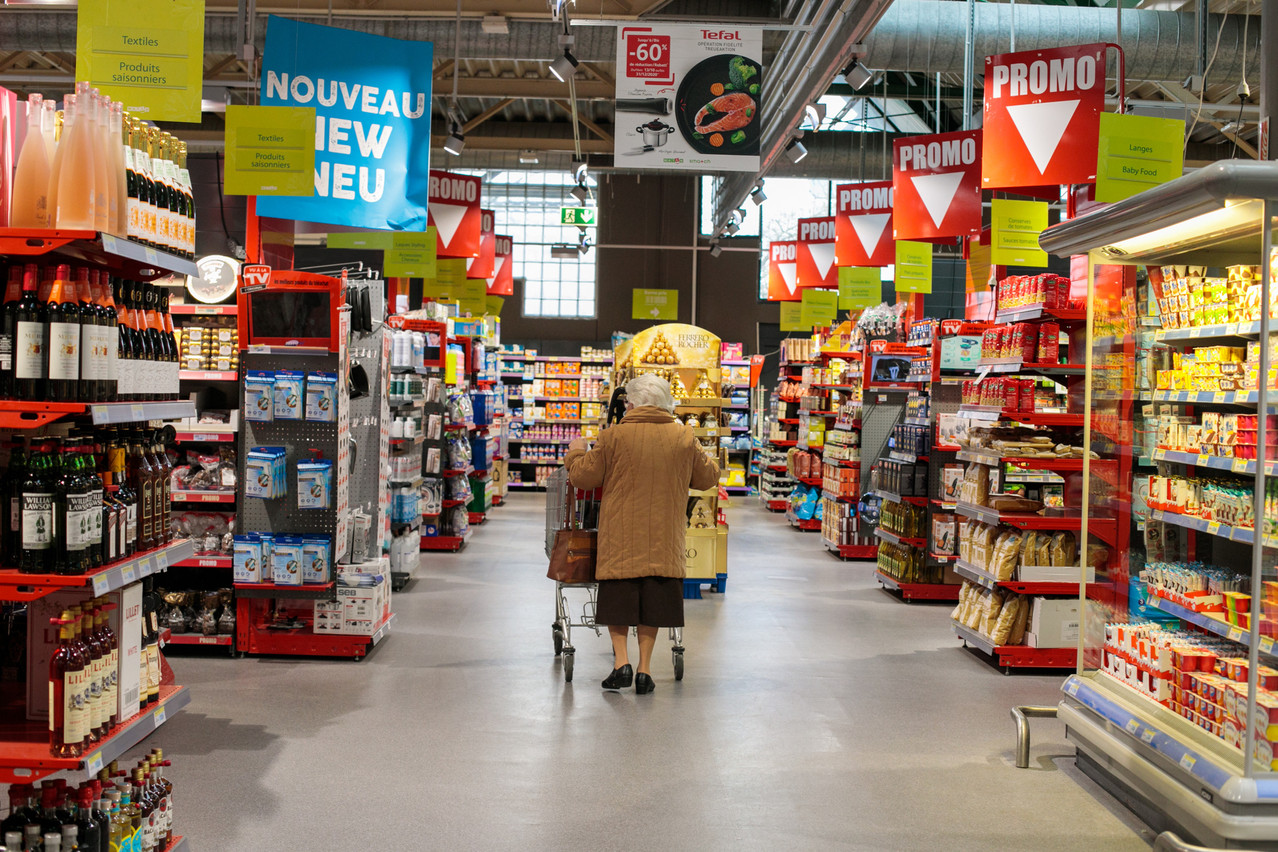"The coffee brands Grand'Mère, L'Or, Senseo, Jacques Vabre, Velours Noir, Maxwell and Tassimo decided to impose a 25% price increase on us, which we wanted to negotiate. In response, the multinational decided not to supply us anymore. Sorry for the inconvenience": this is the text published by Intermarché on posters that have been visible in the aisles of its supermarkets in France over the last few days.
Faced with rising raw material prices, Jacobs Douwe Egberts has revised its prices, a common practice for many manufacturers at the beginning of the year. Except Intermarché did not accept the price increase and deliveries ceased at least for a few days. Because on Friday 4 February, a judge at the Paris Commercial Court called on the supplier to restock the shelves while behind the scenes negotiations continue until 1 March.
This example is not unique: in the UK, around 70 Colgate-Palmolive products have been removed from the shelves of retail giant Tesco. Here too, a price dispute is at the root of the decision.
A different balance of power
These types of dispute are not uncommon, but what is more rare is that a manufacturer decides to stop supplying supermarkets, thus potentially curbing their sales. In recent years, retailers have sometimes withdrawn products from their range as a way of putting pressure on their suppliers. In Belgium, Colruyt did this with the 400g jar of Nutella last November when it was negotiating with Ferrero. This time however, the shoe seems to be on the other foot.
In its published on Monday 7 February, Belgian biscuit and snack giant Lotus Bakeries acknowledged that initially it had been able to contain the rise in prices through long-term purchase contracts for raw materials and packaging.
The consistent implementation of these necessary price increases may cause disruption with some customers in the short term.
"The year 2022 is shaping up to be a difficult one (...), we are facing unprecedented cost increases", said Jan Boone, CEO of parent company of Biscoff (ex-Speculoos) and Dinosaurus. The price increase is therefore inevitable, and the industry has already set the tone: "Consistent implementation of these necessary price increases may cause disruption with some customers in the short term, but it is a matter of time."
The same is true for the two soft drink giants: PepsiCo and Coca-Cola, who reported last week that they would be increasing their tariffs due to the rising costs of aluminium cans, transport and labour.
Small country, small market
This could lead to further supply disruptions for supermarkets. And in Luxembourg? Market leader, Cactus, says it has "fewer difficulties in obtaining supplies from all neighbouring markets". The company, which has 60 outlets, has its own central purchasing office and believes that "with a distribution network on a human scale, it is easier to find the quantities we need to meet our customers' demands".
The number two in the market, Delhaize, admits that it has been "forced to adapt prices while trying to limit this impact as much as possible for the customer" in its 57 Luxembourg shops. Its parent company, Ahold Delhaize, is a member of two separate buying groups: AMS Sourcing (with Morrisons of the UK and other brands active in Europe) and Coopernic (E.Leclerc, Coop Italia and Rewe Group).
As for Match and Smatch, their marketing director Olivier Oberlechner is reassuring: "The supply problems remain limited and currently don’t have any noticeable impact on our shelves.” The group's 28 outlets claim to benefit from a human-sized structure and a large proportion of local and European products in the range. The retailer adds that it is not fully passing on the price increase in its prices.
Auchan says that it is not experiencing any supply difficulties, "or very occasionally", according to its communications officer, Sophie Morlé. The French retailer emphasises the breadth of its range and "in the event of supply difficulties with one of our suppliers, we can quickly turn to another of our sources".
A different scale
Also, many supermarkets highlight their promotional offers. These can influence consumers in their choice of retailer in highly competitive markets such as France.
However, it must be said that in Luxembourg, the discount war between supermarkets is not that intense. Customers can easily travel to neighbouring countries to find certain items and, what is more, the small size of the market makes the impact of any potential disruption in supply anecdotal compared to large countries such as France or Germany.
The risk of not having your favourite brand of coffee or toothpaste in Luxembourg is therefore very small.
This story was first published in French on . It has been translated and edited for Delano.
